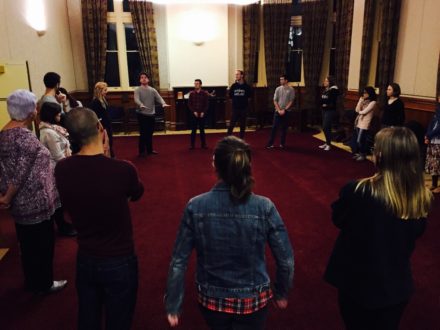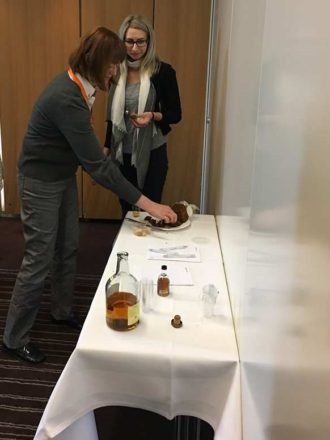Express your enthusiasm for the face of #scicomm, gain new skills and make a difference to the science communication community, who rely on the ASC as a trusted source of #scicomm news, views & opportunities
Location: anywhere in Australia with broadband internet access.
Honorarium: $1000 per annum, with the expectation of being available to provide a regular image refresh, user and technical support.
Job share will be considered if only part of this role is of interest to you. If you would like to do part of the role let us know, and maybe we can match you up with someone else.
The ASC website and email lists are crucial communication channels for the organisation and our industry. They present our external profile to the world as well as providing a resource to our members, a network of 400+ financial members and 2500+ subscribers made up of professional science and technology communicators across Australia and overseas.
All financial members of the ASC are eligible for full web authoring and list posting rights, providing direct access to the best #scicomm audiences in Australia.
In years past the website has been upgraded and improved and the lists maintained thanks to help from committed volunteers including an overcommitted EO. The ASC board has decided to create this new role of National Web Editor to ensure the public face of ASC is nurtured and supported in the years ahead.
The role includes the following activities:
- Providing regular banner and graphic support to keep the website looking great, with the capacity to generate matching header graphics for the ASC social media channels
- Providing ongoing support and modifications of site structure and content, for example, being able to modify the WordPress theme (eg. updating backgrounds, changing structures like tabs) and managing the creation and amendment of areas on the site (new pages/sections/menu items/images to home page etc.)
- Managing ASC-lists and website user support: assist members to register, and post to the website, including managing the permissions process (eg. password help, pointing list subscribers to help content, updating list and website usage guidelines, processes and automated replies, liaising with EO regarding financial member access)
- Having time regularly to modify and approve posts, fix small errors in content, manage ongoing amendments, changes, bug fixes and spam
- Providing advice/input on development directions for the website and associated web projects (with EO and ASC committee as applicable)
- Participating in regular meetings (monthly at this stage) with other ASC committee members regarding optimising the ASC web and list experience for members and the community
- Ad hoc work as requested by the committee
The key selection criteria for this role are:
- Established interest in editing/authoring public facing material
- Experience in generating graphics for digital use
- Experience in WordPress, website usability and support, and good practices to ensure the ASC website and ASC-lists are engaging communication platforms and/or an ability to learn these things quickly
- Desire to give members and users a great experience
- Capacity to commit at least 8 hours per month to ASC activities.
Applications are invited by email no later than 5 pm on Monday 17 July to: jobs@asc.asn.au
Please include a brief CV (two pages maximum and/or a link to a recent LinkedIn profile) and a statement addressing the selection criteria with relevant evidence along with contact details of two professional referees (one page maximum). Applications must be submitted in PDF or Word format (.doc or .docx). Candidates must be current financial members of ASC.
If you have any questions about the role, email Kali Madden, ASC Executive Officer at: office@asc.asn.au


